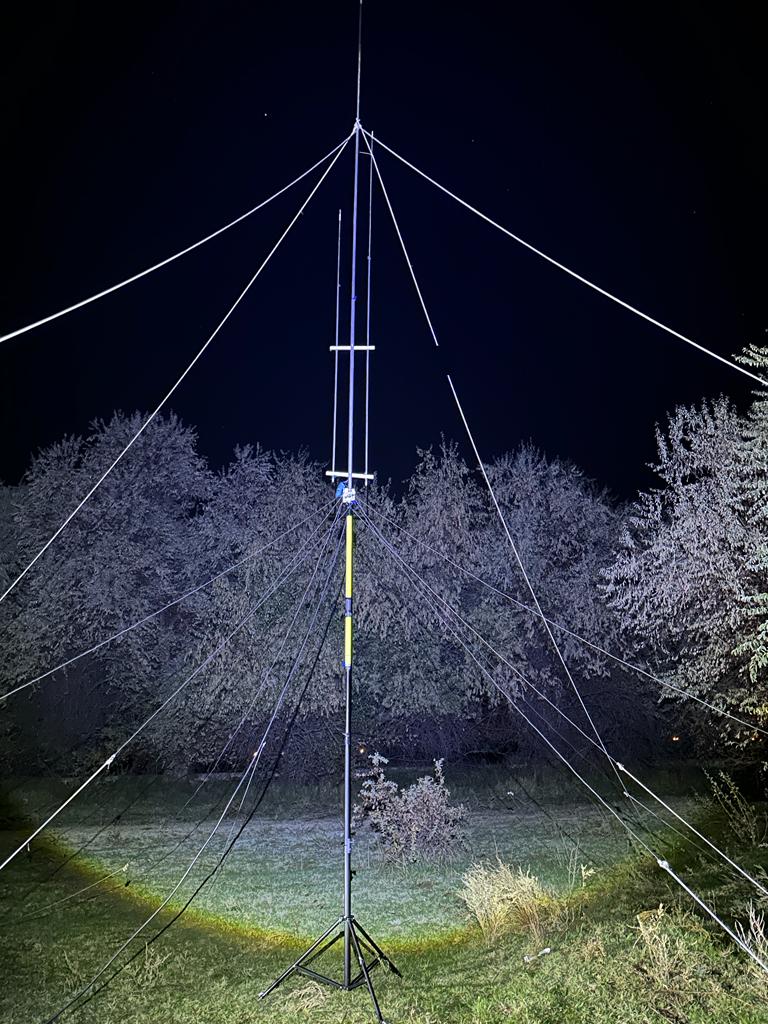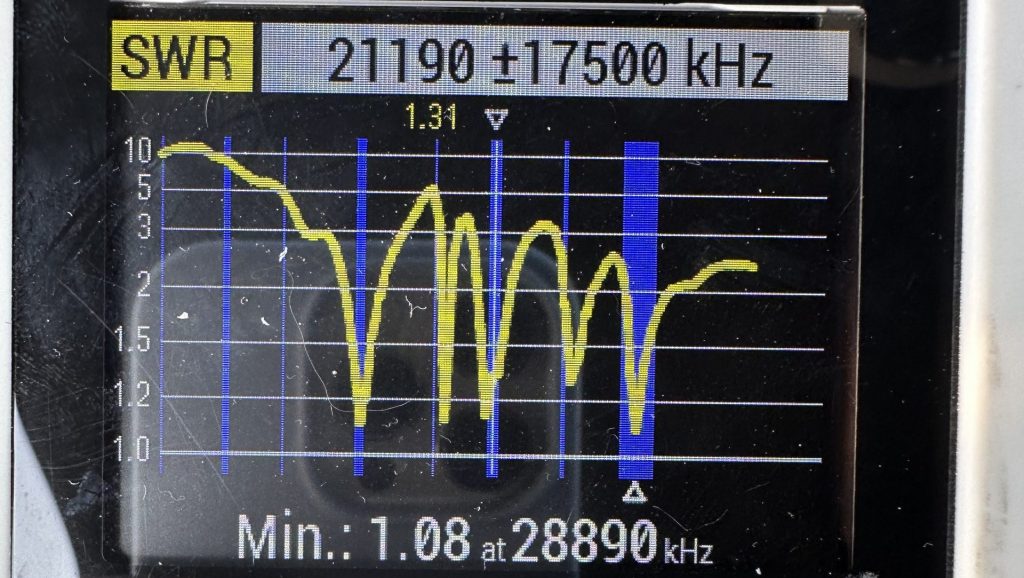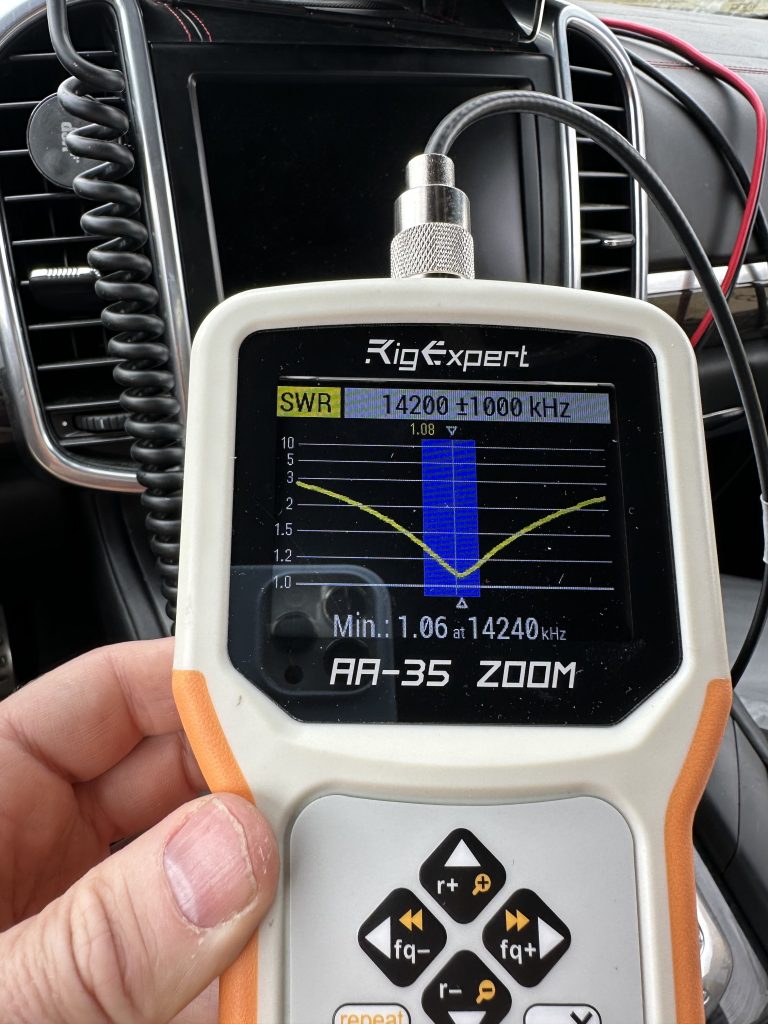My rig and antennas
Pre-history
I have always built my transceivers in the past. Experimenting in the air with synthesizer or a mixer or a power amplifier was the main fun.
Building antennas was the second fun.
Now, I am trying to keep myself from building transceivers because I certainly have a lot options to build something with Marvelmind Robotics… But, let’s see how long it will take before I start building transceivers and other ham-related equipment as well 🙂
Since, transceivers I just purchase now, playing with antennas is the main focus in my current circumstances.
- Icom 7300 – 100W
- The base microphone supplied with Icom 7300
- CW paddle: a portable noname key from a Chinese supplier
Nearly every time I am in the air as UN/OH7O/P, it is a new antenna setup because:
- I am 100% from the field – /P. Antennas, radials, etc., are always slightly different
- Often, different locations ±150 km of Almaty
- Mostly, on 10/15/20 meters
- But I also successfully tuned the 10/15/20/40-meter variant. Simply, it takes longer to setup

- Again, 1/4-wave elevated verticals with resonating radials
- Currently, only 20-meters and 40-meters. But I plan to install more resonators and radials and cover other bands upper than 40 meters
- No practical possibility to work on 80/160 meters
The key to all antenna experiments and fun is an antenna analyzer. It is not a too basic SWR meter, but it is not a full-blown network analyzer from the lab either. It is a handheld antenna analyzer with all the details to tune the antennas in a short time.
RigExpert is very good and can be recommended for sure.
I would put it even bolder – any radio amateur using antennas must have an antenna analyzer of some sort or another.


But we at Marvelmind will do something even better because we love accuracy and precision 🙂
1/4-wave elevated verticals still rule the world
I still love and recommend 1/4-wave elevated verticals with resonating radials because they combine nearly everything I need in the field:
- Portable and light
- Easy to design
- Easy to install and dismantle in the field
- Don’t require trees (we are the steppe, after all … – there are very few and short ones only or no trees at all)
- Transmitting low angle to the horizon – good for DX
- Easy grounding – no need for dozens of radials of typical GP antennas
- Can have multiple separately-tuned resonators nearly not affecting each other (see SWR graph below)
